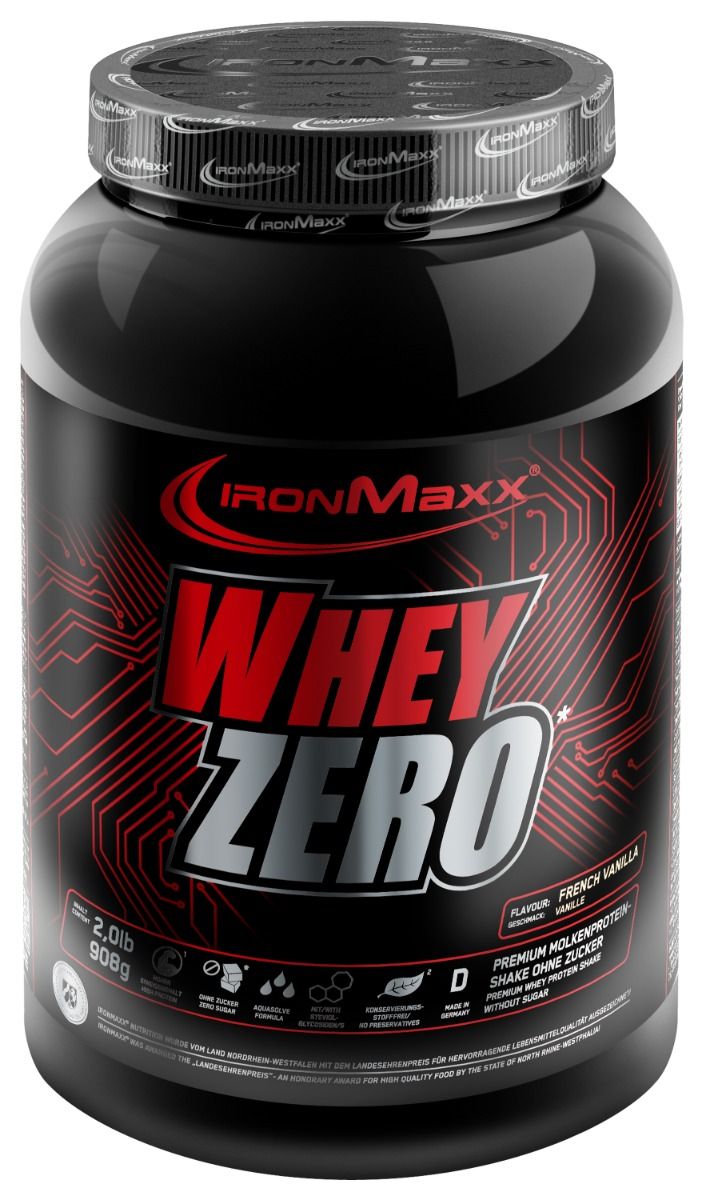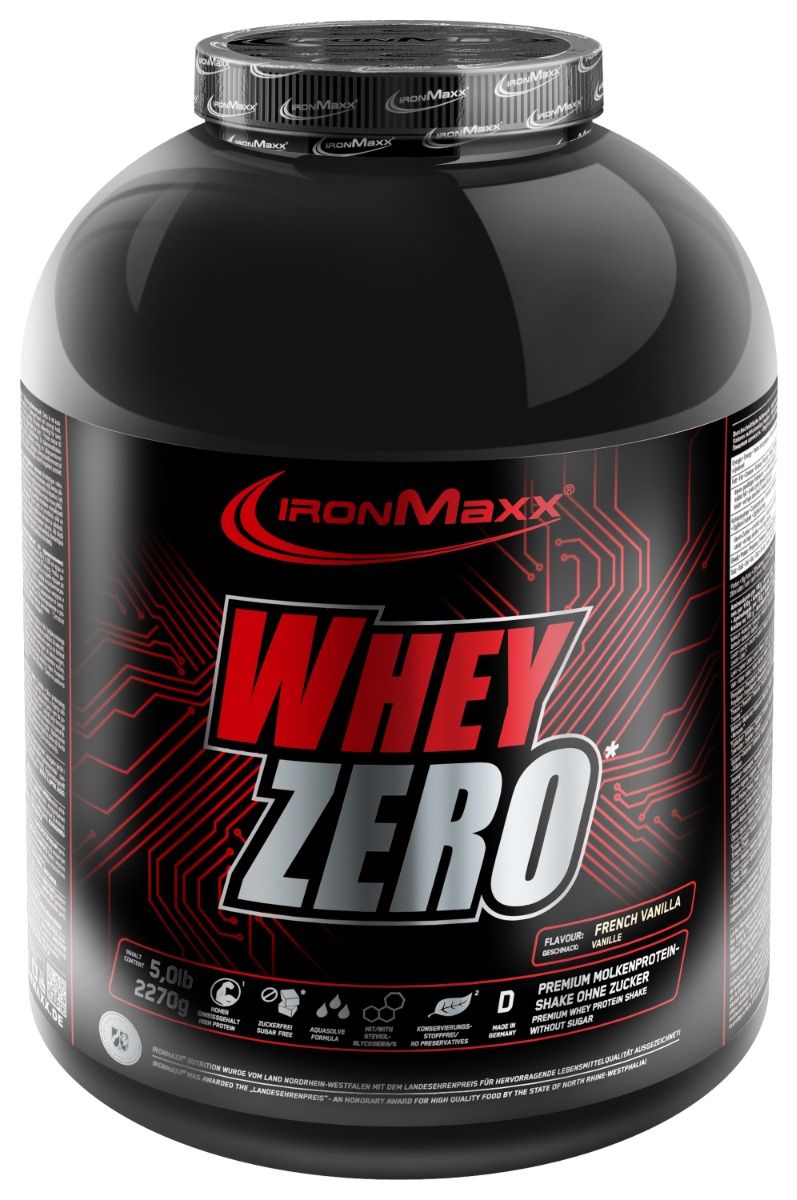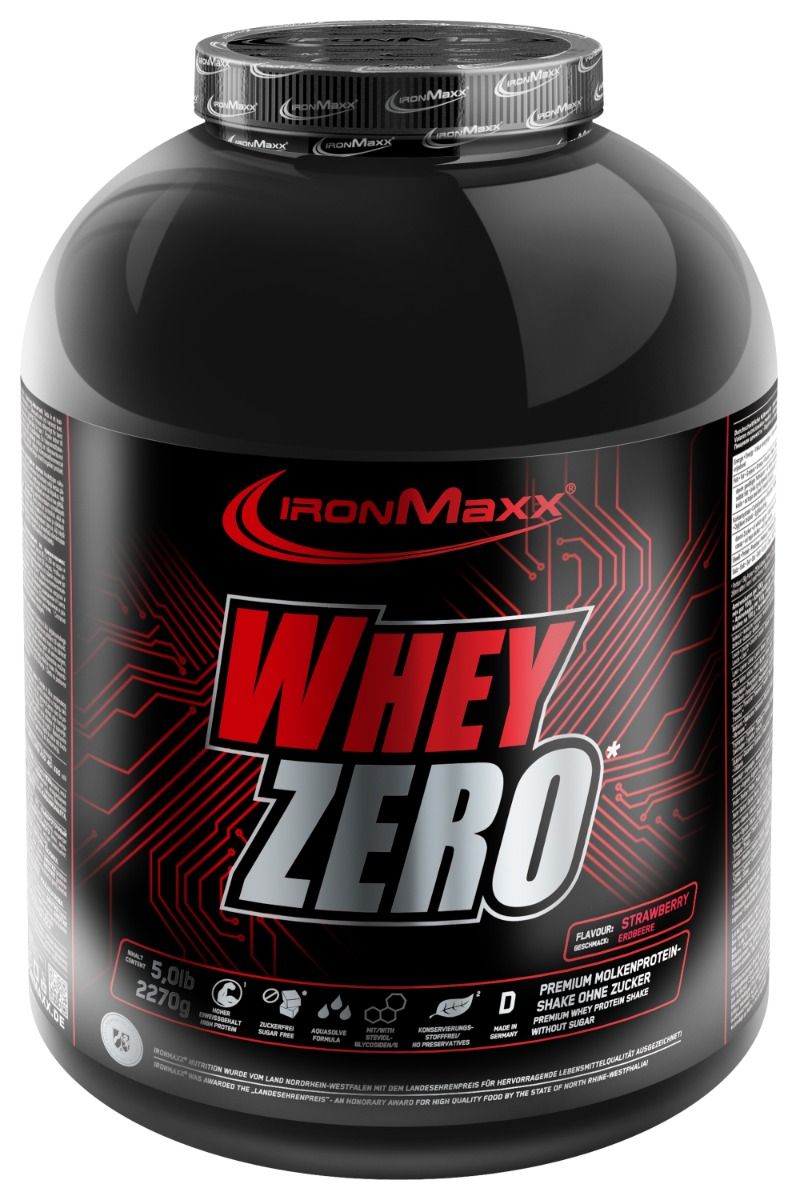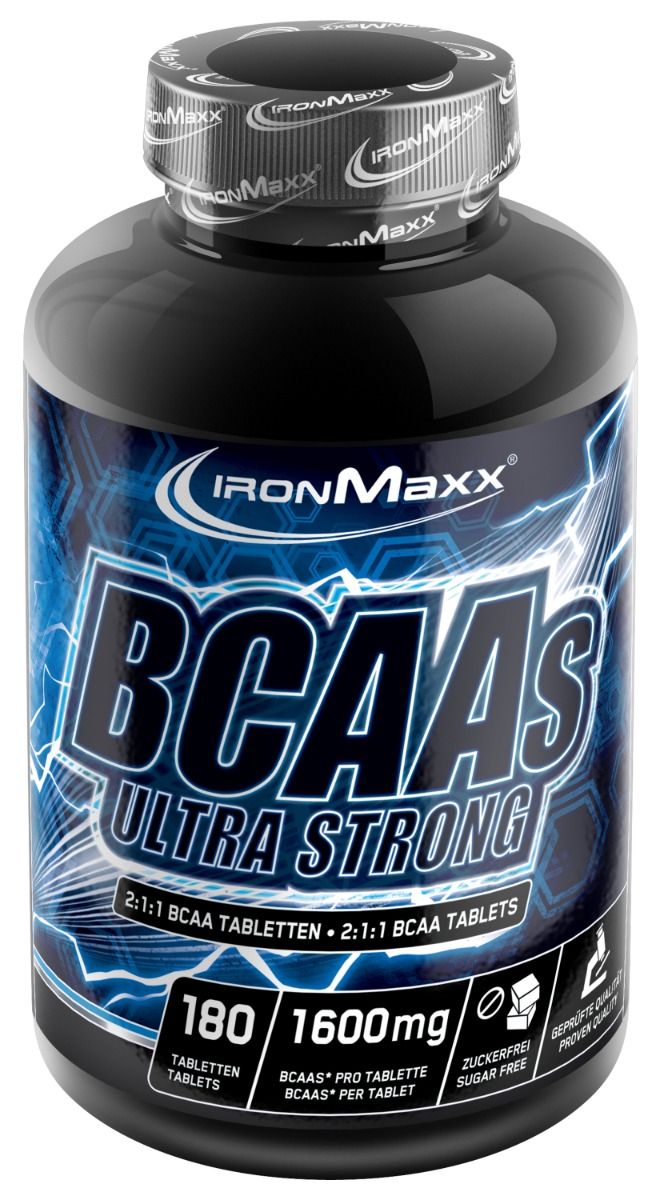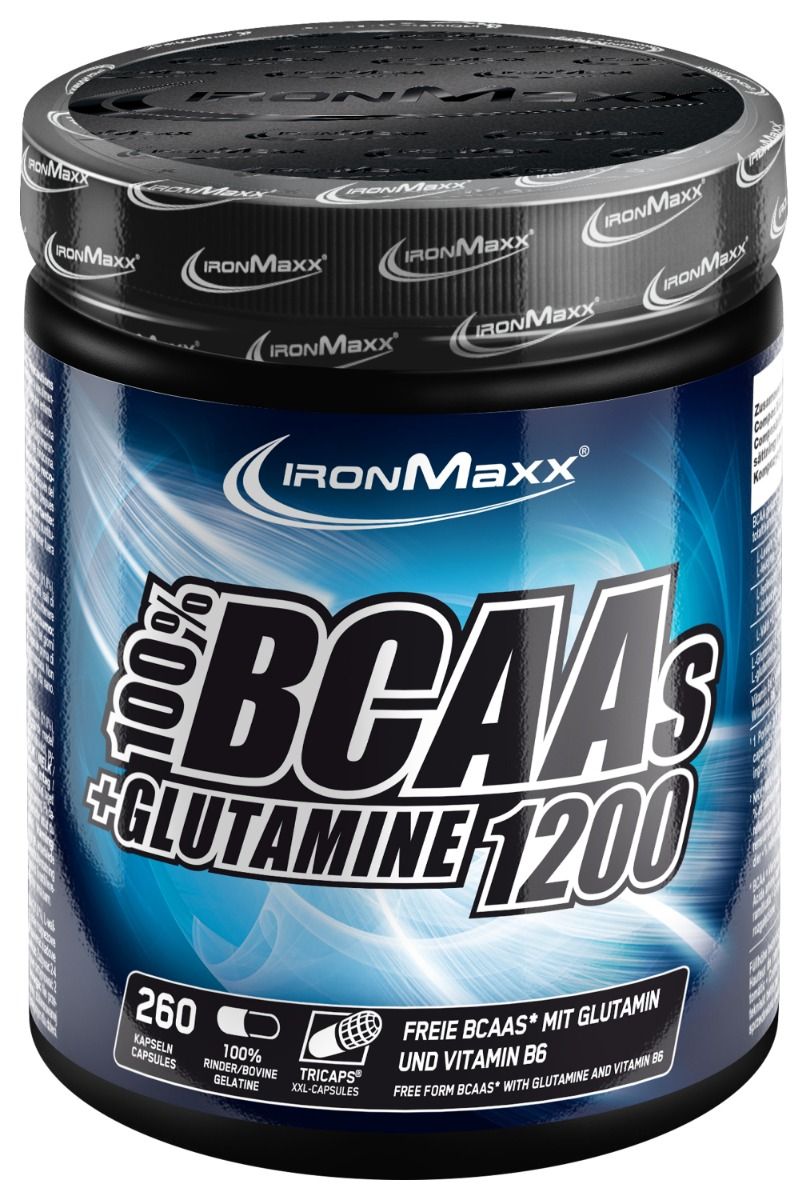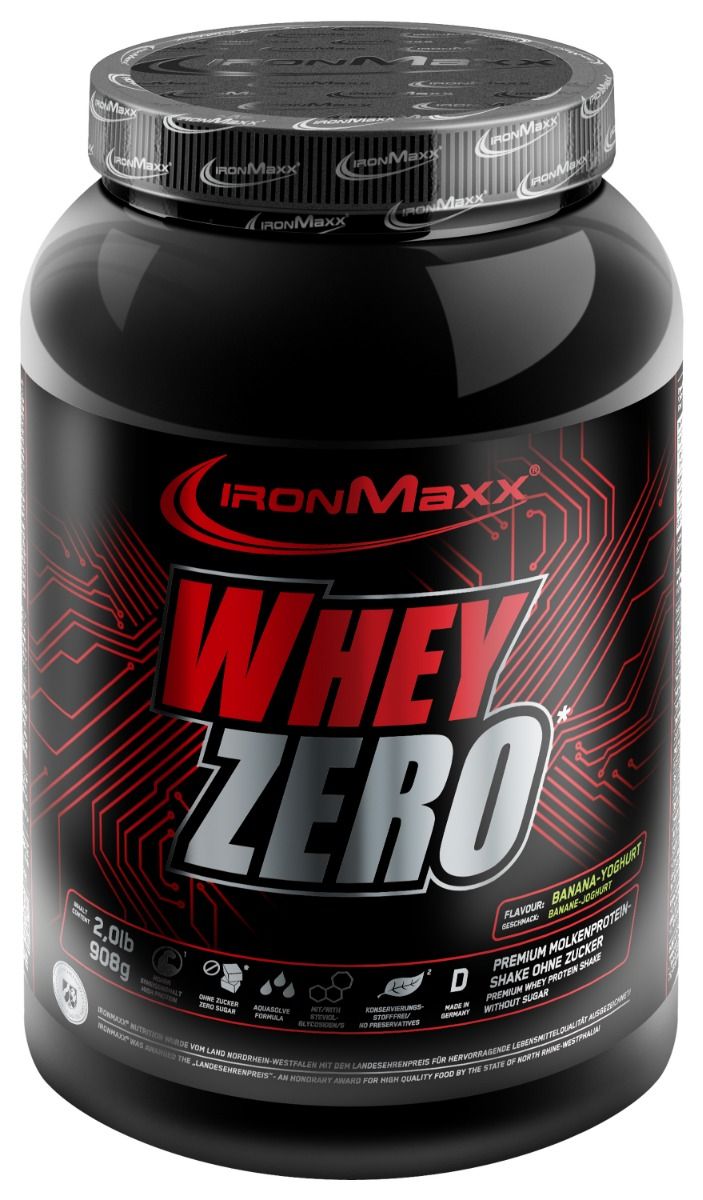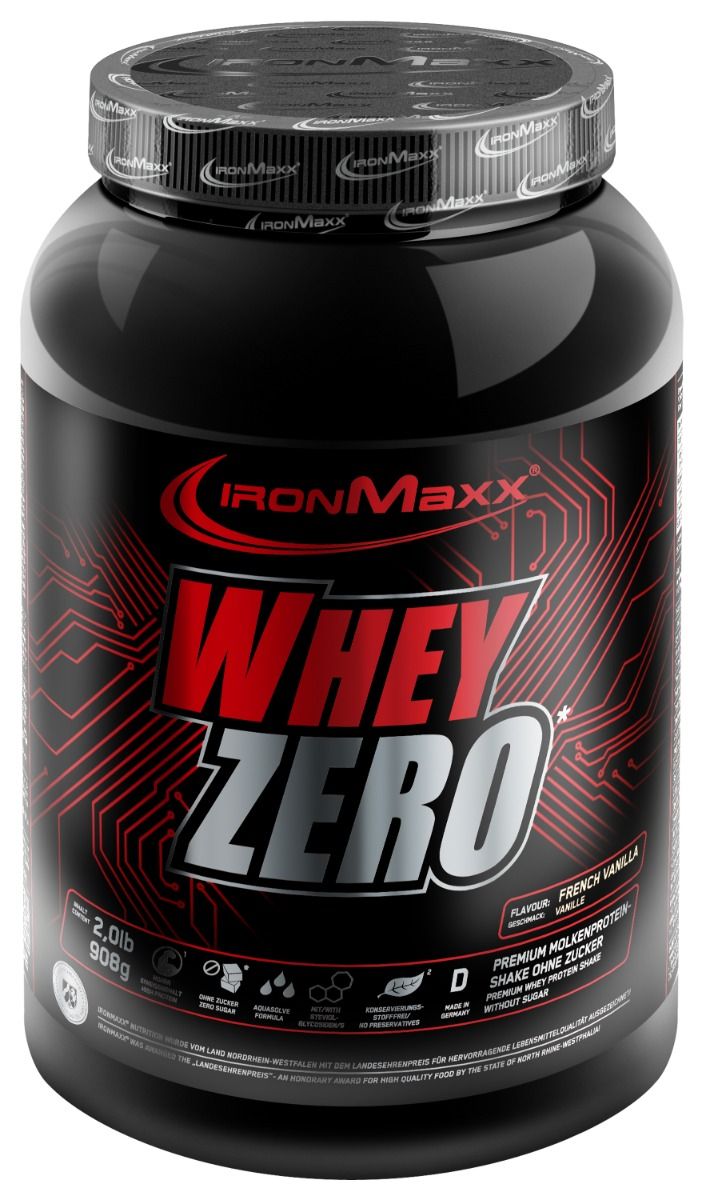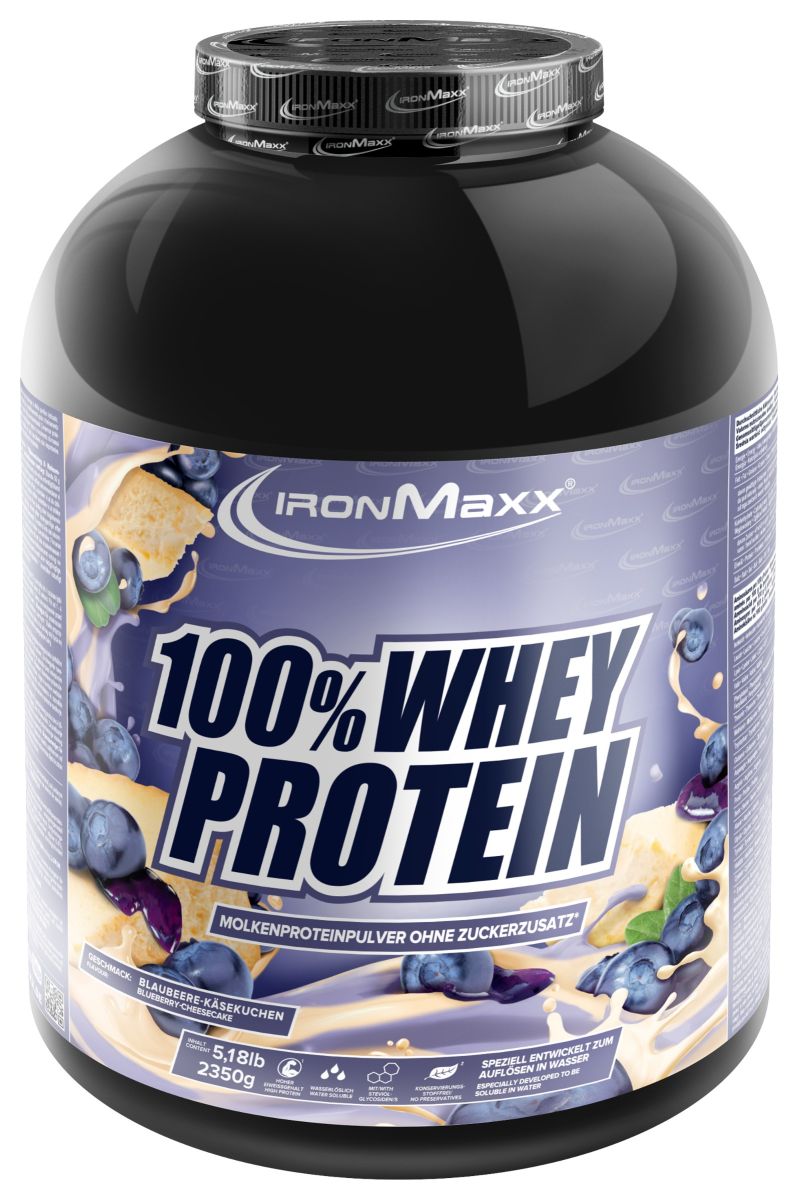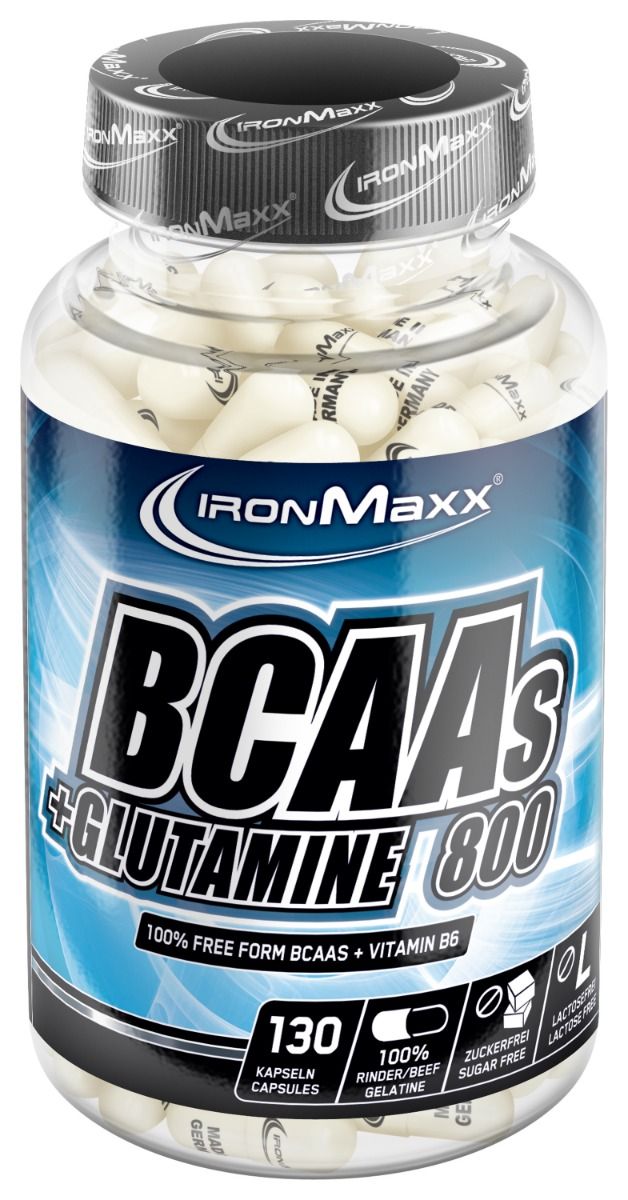BCAA - To support muscle building
The term BCAA is an abbreviation for the English term Branched Chain Amino Acids, which means branched-chain amino acids. BCAAs are composed of the three amino acids leucine, isoleucine and valine and are regarded as essential amino acids for the body. This means that the body can not produce it by itself and is dependent on the intake of food or dietary supplements. They owe their name to BCAA or branched-chain amino acids to their structure, a chain with carbon atoms branched at each end.
What makes BCAAs so special?
BCAAs make up almost 1/3 of the total muscle protein and thus form the basis for numerous metabolic processes. As part of proteins, they can maintain muscle and build muscle mass. Unlike the rest of the amino acids, however, they are not metabolized in the liver, but get directly into the bloodstream. Especially for strength athletes, this process is interesting. Thus, these are directly available for the muscle tissue, where they have a positive effect in many ways.
The most important task of the three amino acids is leucine. This is considered a motor for protein synthesis. Leucine increases the release of the hormone insulin, which, among other things, transports glucose (energy) into muscle cells. The released insulin in turn accelerates the transport of amino acids into the muscles. However, the greatest potency is achieved by taking leucine together with isoleucine and valine. Otherwise, imbalances could arise which, in the worst case, could lead to a disruption of protein synthesis.
Strength athletes are advised to take on BCAAs immediately before training, especially if a long, intense workout is on the plan. As a result, the free amino acids in the blood can be used directly for energy and the muscular amino acid pool is spared. Likewise, the supply of amino acids is well suited even after exercise, because the muscles are then the most receptive to nutrients. It comes to a faster muscular regeneration, as well as muscle building processes.
Dietary supplementation with BCAAs is also recommended during a diet phase, because during a diet not only carbohydrates and fat are burned for energy, but also possibly amino acids. In this case, in particular leucine is degraded. However, if the body is fed enough leucine in the form of a supplement, this serves as an energy source and valuable muscle protein can be spared. This in turn counteracts the threat of muscle loss.









